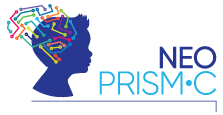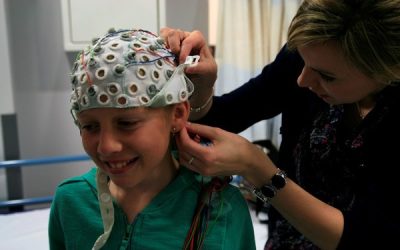You are a parent, and you want to find reliable information regarding your child’s psychological health on the internet? Some DO’s and DON’Ts:
DOs:
– Prioritize information from official websites of government institutions, universities, scientific journals or professional organizations and verify who is responsible for the content. You can find this information in the website name, at the beginning/end of an article or in « About us » or « Contact ».
– Look for information from experts in the specific area, for example from psychologists, psychiatrists, doctors, social workers etc.
– Read information from different sources and different experts. Scientific evidence is based on data of many individuals and many studies. Sometimes, there is no consensus on a specific question.
– Look for references at the end of an article. References allow to verify the given information. This can be references of books from other experts, websites from other public institutions or scientific journals.
– Verify the date of the information and focus on recent information. Look for the indication “Published”/”Reviewed”/”Last updated” Date, which you can find under the title or at the end of an article, on the bottom of the webpage.
DON’Ts:
– Don’t consult forums/blogs if you look for scientific evidence. Consulting forums and blogs is a good approach if you look for other parents’ experiences. However, the description of a single individual or a single case is not sufficient to build evidence.
– Don’t rely on information from experts or websites who might be in a conflict of interest. This could be the case if the expert wants to sell a specific product or service but also if the expert tries to promote an idea which brings more public attention or political benefits. You could verify this by reading information on the expert’s professional activities or the websites affiliation.
– Don’t rely on information from many years ago. For example, evidence on a new form of therapy for children with learning difficulties which was established 10 years ago might not be up to date anymore. Since then, experts might have found different and better ways to deal with learning difficulties.






